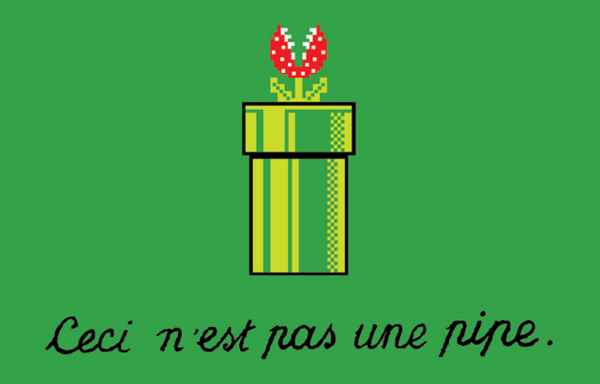Hoops wrote:Chap wrote:...
Kindly state your position on the epistemology of color vision clearly and unambiguously. That implies saying clearly and fully what the situation you are envisaging is, and then saying something definite about it. That you have so far failed to do.
Having got what appears to be a choice of answers to my request, I suppose it would be discourteous not to comment on them.
1.
Hoops wrote:Sure. I'm not talking about arbitrarily defining something as blue. We've identified the wavelengths that we perceive to be blue. But those wavelengths - or whatever causes our perciption to register as blue - do [Chap: 'not' omitted here?] necessarily equate to being blue. Is the cup blue independent of our perception of it? How do you know?
I can't make much sense of this. Is it a demand for a meaning for the claim 'that cup is blue' that means neither:
'that cup is reported to look blue by people with normal eyes viewing it under white light illumination'
nor
that cup 'preferentially reflects a certain range of wavelengths of electromagnetic radiation'? See comments below.
2.
Hoops wrote:I'll try another way: the only way you can perceive a blue cup is with your internal mechanisms that tell you it's blue. Because all of us perceive the cup is blue does not mean it is in reality blue because we all have the same mechanism by which we interact with this thing. Until we can independently confirm this thing is blue, our seeing it as blue is meaningless.
Here we seem to be faced with the concept of 'being really blue'. In Hoops' view, it is apparently possible for an object not to be 'really blue' despite being perceived by 'all of us' as blue.
Now this would be meaningful if the universal perception of the object as blue is simply the result of it being illuminated in non-white light at the time it is viewed, and we define the 'real' color of an object is the color perceived when it is illuminated in white light - which is the way people do normally talk. If an object was 'really' white in that sense, and it was illuminated in blue light only, it would be perceived as blue by all viewing it.
But I don't think that is what Hoops means. She seems to think that there is some sense in which an object which does not come up as 'blue' however we evaluate its color is none the less 'really' blue. However, she fails to give us any idea what this could mean.
3.
Hoops wrote:Another: we all see the same way. We all internalize or perceive things using the same mechanisms. So of course we will come to the same conclusions. But employing these mechanisms do not necessarily mean we have access to all of reality. It's illogical to assume that we do.
I don't think any sane person would make the claim to 'have access to all of reality'. I don't think I have made that claim. I don't think any professional scientist would make that claim in a paper they hoped to get accepted by a refereed publication. I don't see what relevance this complaint by Hoops has to the discussion.
4.
Hoops wrote:Another: I'm not proposing anything yet. I'm simply stating that -- because you call something blue and the evidence you use to support this argument tells all of us that it is blue does not make it blue. The cup may indeed by yellow, but your mechanism tells you it's blue because of its wavelengths and the way these interact/or act upon your internal mechanism by which you determine blue-ness. Until you can independently determine that it is blue - independent of your mechanisms acting upon it - then you have no logical reason to assume it is blue.
Once more we meet the apparent concept of something 'really' having a particular color, despite that color being undetectable. The demand implicit in the phrase I have italicized seems to be that we should determine what color something is without interacting with it in any way.
There may be many ways to make sense of that demand, but the only one I can think of would be if one received a divine revelation of its color from a deity who says, in effect 'It's blue. Trust me on this one, I know, because I made it that way, even though I also made it blue in a way that none of you will ever be able to detect.'
Can Hoops give an alternative meaning to her claim?
